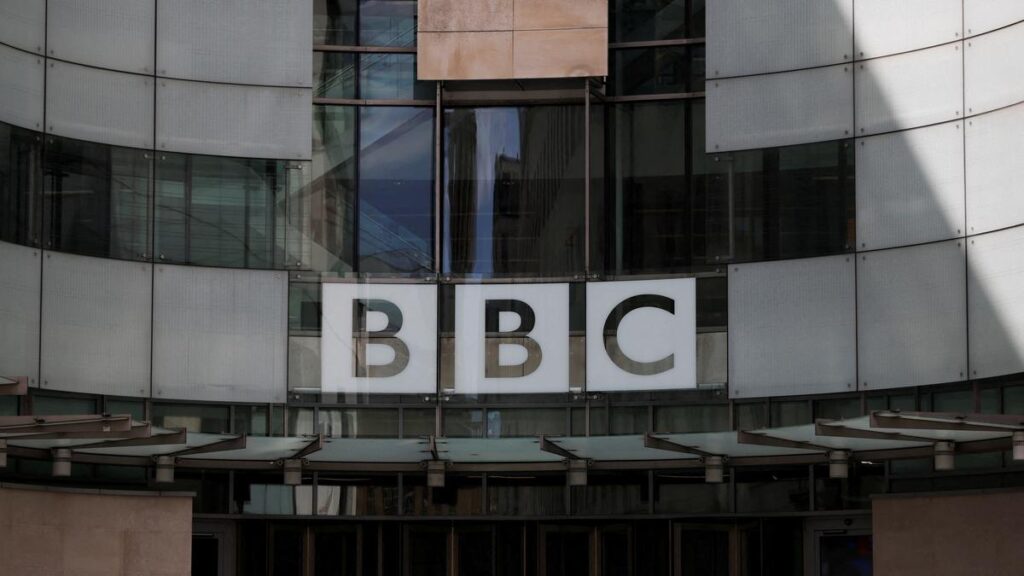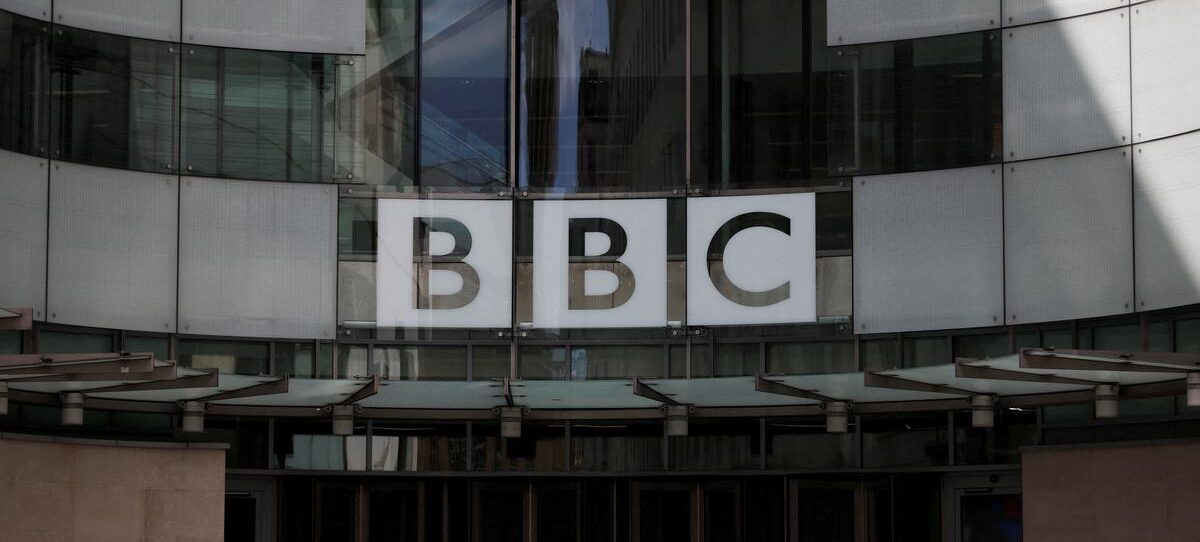BBC Staff Establish Indian-Owned News Company Amid Regulatory Changes
In response to evolving foreign investment regulations in India, the British Broadcasting Corporation (BBC) has announced the formation of a new company dedicated to its Indian language services. This strategic move comes amid ongoing scrutiny by Indian authorities over alleged foreign exchange violations, which have placed the global news organization under increased regulatory pressure.
Formation of Collective Newsroom
Four BBC staff members, including the current head of BBC India, Rupa Jha, are set to depart the organization to establish “Collective Newsroom.” This newly formed entity will be responsible for producing content in various Indian languages, commissioned by the BBC. The initiative aims to align the broadcaster’s operations with India’s updated foreign direct investment (FDI) regulations, which mandate that any company publishing digital news content in India must be majority-owned by Indian nationals.
Jonathan Munro, BBC’s Deputy CEO, communicated this development to staff, highlighting the necessity of compliance with the new regulations. Approximately 250 BBC employees will transition to Collective Newsroom, which will be entirely owned by its nine Indian shareholders. The company will operate independently while continuing to provide journalistic content for the BBC’s Indian language services, ensuring that the broadcaster remains a key player in India’s media landscape despite regulatory changes.
Background of Regulatory Scrutiny
The BBC has been under investigation for alleged violations of foreign exchange laws in India. This scrutiny intensified following searches conducted by tax authorities at the BBC’s offices in Delhi and Mumbai in February 2023. The investigation was initiated shortly after the BBC aired a documentary in January titled India: The Modi Question, which critically examined Prime Minister Narendra Modi’s leadership during the 2002 Gujarat riots. The documentary sparked a strong response from the Indian government, which dismissed it as “propaganda” and took steps to block its circulation on social media platforms in the country. The BBC, however, maintained that the documentary was “rigorously researched according to the highest editorial standards.”

Following the tax raids, Indian authorities accused the BBC of non-compliance with foreign exchange regulations, leading to further legal scrutiny. The broadcaster has consistently denied any wrongdoing and has expressed its commitment to cooperating fully with Indian regulators to resolve the matter as soon as possible.
Government’s Position
An adviser to the Indian government stated in February that the tax searches at the BBC’s offices were not vindictive but part of a standard regulatory process. The Indian government has emphasized that all companies operating in the country, including foreign media organizations, must adhere to local laws and financial regulations.
Despite the government’s assurances, critics have argued that the BBC’s regulatory challenges in India may be politically motivated, particularly given the timing of the investigation following the controversial documentary. Supporters of press freedom have raised concerns over increasing restrictions on independent media organizations in India, questioning whether such actions could have a chilling effect on journalistic independence.
Implications for BBC’s Operations in India
The establishment of Collective Newsroom represents a significant shift in the BBC’s operational structure within India. By creating a company that is majority-owned by Indian nationals, the BBC aims to adhere to the country’s FDI regulations while continuing to deliver high-quality news content in multiple Indian languages. This move ensures that the broadcaster can maintain its presence and journalistic contributions in one of its largest markets outside the United Kingdom.
BBC’s Indian language services, which include Hindi, Gujarati, Marathi, Punjabi, Tamil, and Telugu, serve millions of readers and viewers across the country. The restructuring through Collective Newsroom allows these services to continue operating without legal interruptions while maintaining editorial independence.
Industry experts view this move as a necessary adaptation to India’s media landscape, where regulatory frameworks are increasingly favoring local ownership in the digital news sector. Many global media organizations are facing similar challenges in balancing compliance with local laws while ensuring journalistic freedom and credibility.
Future Outlook
The transition of staff and resources to Collective Newsroom is expected to be completed in the coming months. The new company will take over the day-to-day production of content for BBC’s Indian language services, ensuring continuity in news coverage while complying with regulatory requirements.
While the BBC has not indicated any plans to scale down its presence in India, it is clear that the broadcaster is navigating a complex media environment where foreign media organizations must adapt to changing laws and political climates. The success of Collective Newsroom will likely determine how effectively the BBC can continue operating in India under the new regulatory framework.
Despite the challenges, the BBC remains committed to its mission of providing impartial and high-quality journalism. Whether the Indian government’s scrutiny of foreign media organizations will lead to further regulatory changes remains to be seen. For now, the formation of Collective Newsroom marks a significant development in the evolving relationship between global news organizations and Indian regulatory authorities.
Do follow gulf magazine on Instagram
for more information click here



